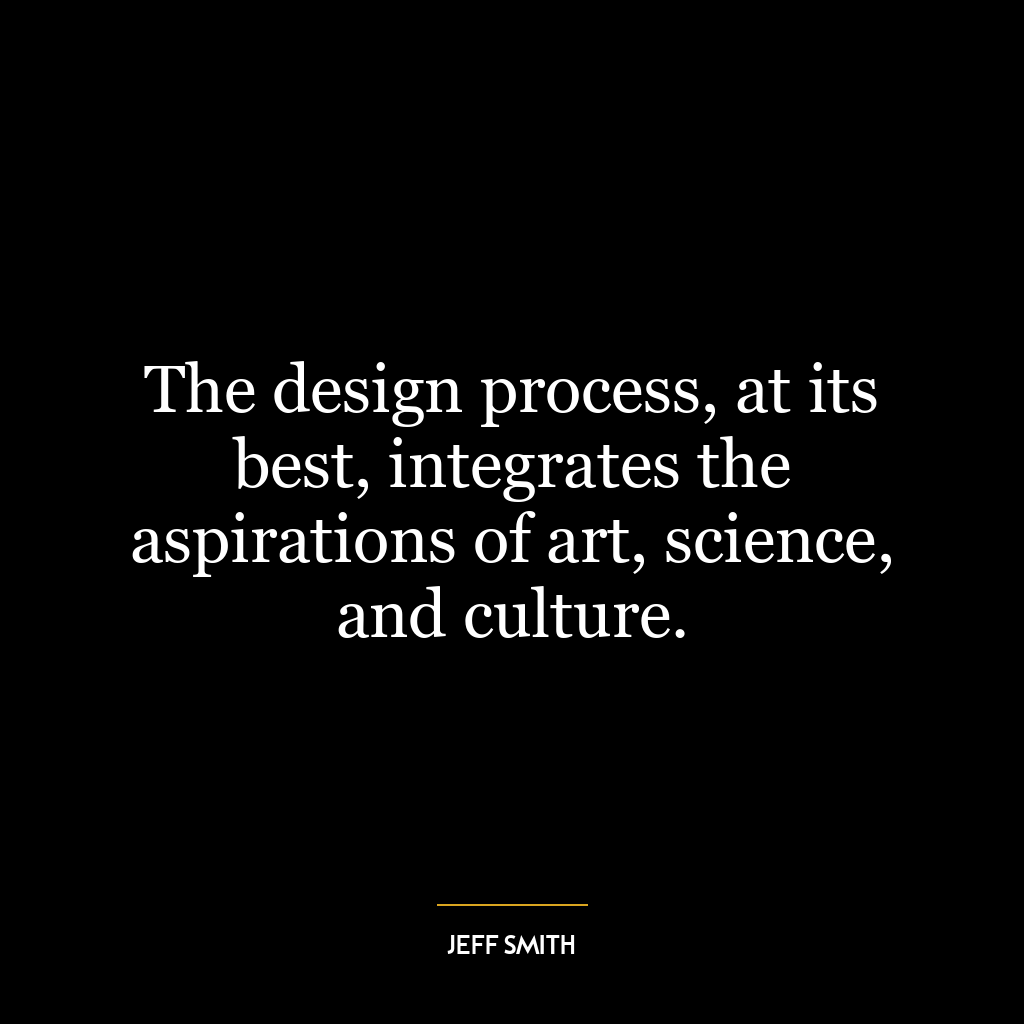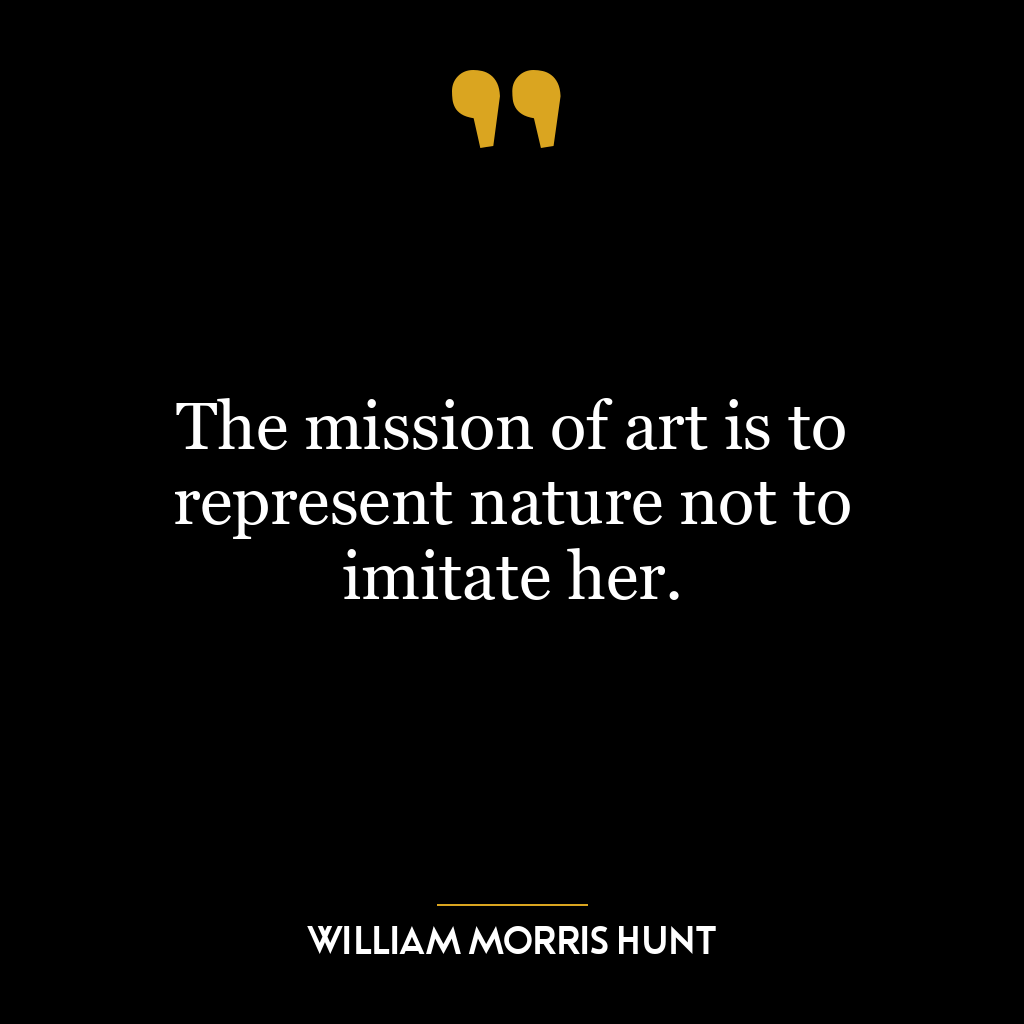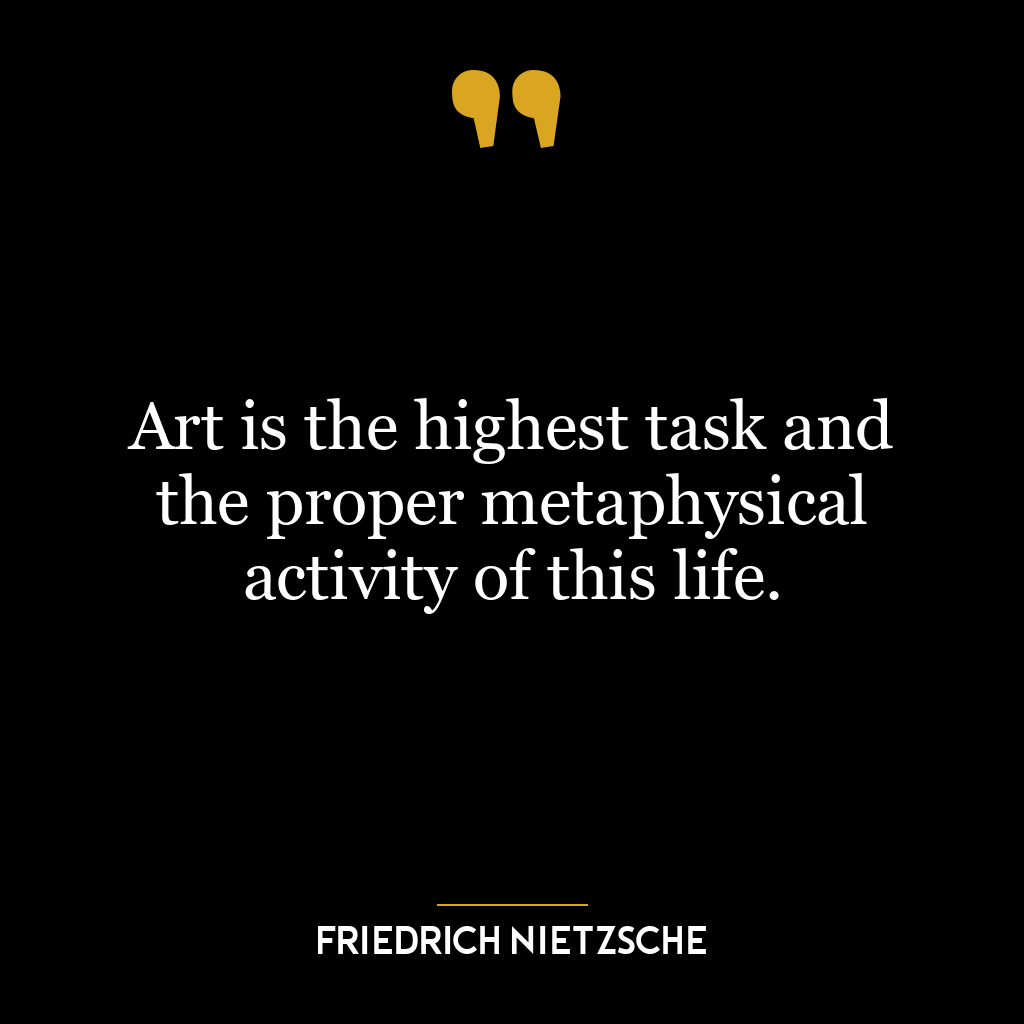This quote implies that in the realm of science, one should not seek or assume a predetermined purpose or outcome. Instead, one should objectively observe and analyze nature as it is. This approach will lead to an unbiased discovery of the causes and mechanisms that drive natural phenomena.
The phrase “exclude purpose” suggests a call for scientists to avoid teleological thinking – the idea that everything in nature has a specific purpose or end-goal. Such thinking can bias scientific inquiry by making researchers more likely to interpret data in ways that support their preconceived notions about what nature’s purposes might be.
By insisting on excluding ‘purpose’, Cooley emphasizes the importance of impartiality and objectivity in scientific research. Only then can “Nature reveal her causes”, meaning only through this unbiased approach can we truly understand how things work naturally without human interpretation or interference.
Applying this concept to today’s world, particularly with regards to personal development, it could suggest that individuals should strive for open-mindedness and avoid being overly fixated on specific outcomes. For example, if someone is learning a new skill, they shouldn’t focus solely on becoming an expert right away (the ‘purpose’). Instead, they should enjoy the process of learning itself (allowing ‘nature’ – their natural learning progression – to reveal its ’causes’ – valuable insights into their strengths, weaknesses etc.).
In another context such as decision-making processes within businesses or governments, this quote could serve as a reminder not to rush towards desired results without fully understanding underlying causes and effects.
Overall then, Cooley’s quote encourages us not only towards rigorous scientific inquiry but also towards mindful living: embracing uncertainty; focusing on processes rather than outcomes; and seeking deep understanding over superficial knowledge.














